In today’s world, almost anything can be purchased online. Many individuals turn to the internet to find tutorials that assist in their do-it-yourself (“DIY”) projects – a phrase that evokes images of venturing to a craft or hardware store to purchase supplies, and the feeling of satisfaction that comes from the completion of a project that was often long overdue. However, even DIY proponents frequently remind us not to attempt certain projects that are best left to licensed experts. A home improvement project is one thing, but you should never take a chance trying to DIY your estate plan.
In recent years, DIY providers have emerged in many fields, from income tax preparation to estate planning. We have all encountered ads promoting estate planning at a fraction of the cost of working with an attorney. For example, LegalZoom promotes “quick and easy wills” starting at $89. Wills drafted by an experienced estate planning attorney will certainly cost more than $89, but why is this the case? It is important to remember the adage, “if it seems too good to be true, it likely is.” Any perceived savings gained from the use of an online DIY service for estate planning may be nullified, or even counteracted, by the inadequacy of the forms provided by the DIY service or by user error. Unfortunately, by the time any issues arise, it may be too late.
Although we cannot cover every possible issue that may arise from DIY estate planning, let’s cover some of the most common.
Laws - Federal and State estate laws change over time. Estate planning attorneys monitor changes in estate planning laws (and other laws that may be of consequence to an estate plan) and ensure that your estate planning documents reflect these changes appropriately. Most estate planning attorneys draft documents with sufficient flexibility to endure changes in the law. When major legal changes arise, a skilled attorney will assess the potential implications to your estate plan, communicate their findings, and discuss potential courses of action. DIY services cannot guarantee this same attention to detail and personalized response.
In addition, most online DIY services do not take into account state-specific laws. Only an attorney practicing law in your state can advise you regarding the various state-specific issues that may affect your estate planning decisions. States have varying execution requirements; failure to meet such requirements can result in a will being deemed invalid. If a will is invalid, the decedent is said to have died intestate. When an individual dies intestate, the decedent’s property will be distributed in accordance with the intestacy laws of the state where he or she resided, which may lead to an undesired result. An experienced estate planning attorney can ensure that your wishes and intentions are honored.
Probate – A will must meet the requirements for probate (i.e. address payment of debts, taxes, and expenses; properly make dispositions of estate assets; and appoint fiduciaries to administer the estate). When drafting your own will, you must keep in mind that the validity of the will will be determined after your death. At that point, you can no longer communicate your intentions beyond what is included in your documents. A typo or an incorrect word or clause can dramatically transform the meaning of the will, negating the very intent and purpose of its creation.
Trusts –
Trusts are often used as a means of avoiding probate and/or as a tool to avoid or reduce estate taxes. There are various types of trusts (i.e. revocable, irrevocable, marital, life insurance, special needs trusts, etc.) and only an experienced estate planning attorney has the understanding to advise you on the most appropriate and effective use of trusts to satisfy your particular needs and financial situation. Most online DIY services are not equipped to provide you with such advice or to determine which type of trust is most advisable to meet your needs.
There are plenty of other potential issues with DIY estate planning tools. Such services cannot account for the plethora of related financial, tax, and personal issues that should be identified and thoroughly considered in an estate plan.
Wills and trusts are one of the few acts that survive your death. One mistake can alter a document’s meaning and legality, which is why you should not attempt to draft your own estate planning documents and why you should work with a lawyer who specializes in this area of law. Estate planning mistakes can be expensive to fix — assuming the specific mistake can be fixed at all. Mistakes can lead to irreparable damage, impair familial relationships, leave family members confused and disappointed, and lead to hostile litigation causing financial and emotional stress to the very family you were looking to protect and provide for.


